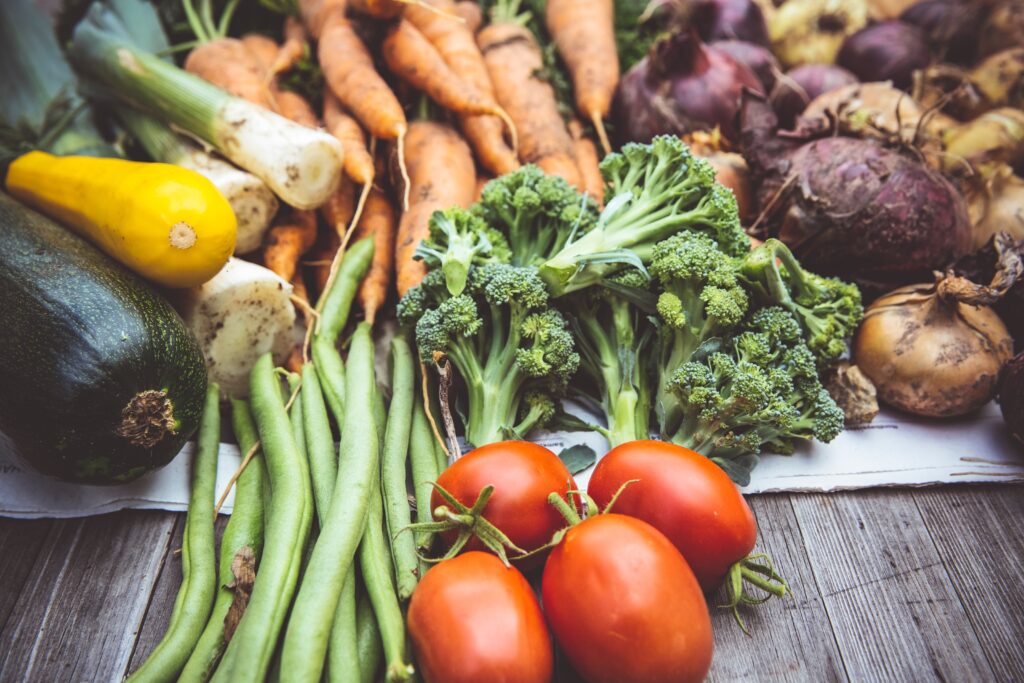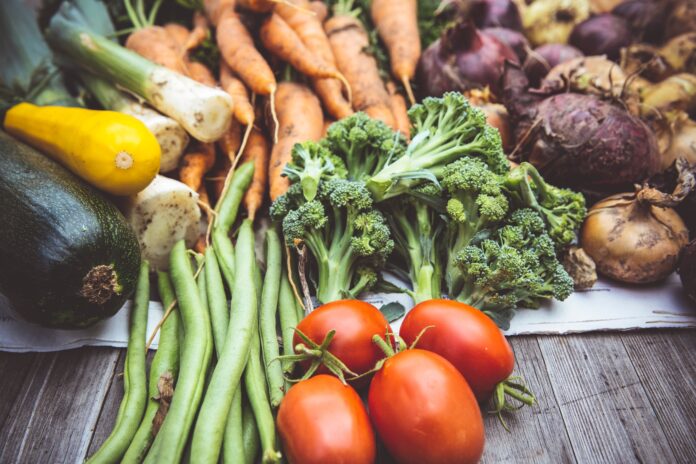A vegetarian diet is a powerful way to improve your health, the environment, and the lives of animals. It is a diet that excludes meat, poultry, fish, and seafood, but includes a variety of plant-based foods such as fruits, vegetables, legumes, nuts, seeds, grains, and dairy products. In this article, we’ll explore the benefits of a vegetarian diet and provide a list of the best plant-based foods to incorporate into your diet.
Health Benefits: A vegetarian diet has been linked to a reduced risk of heart disease, high blood pressure, type 2 diabetes, certain cancers, and obesity. Plant-based foods are rich in essential nutrients like fiber, vitamins, and minerals, and low in saturated fat and cholesterol. This helps to promote overall health and well-being.
Environmental Benefits: Adopting a vegetarian diet can have a positive impact on the environment. Livestock production is a significant contributor to greenhouse gas emissions, deforestation, and water pollution. By reducing the demand for meat, we can reduce the environmental impact of livestock production.
Animal Welfare: A vegetarian diet is also a way to show compassion for animals. Livestock farming can be cruel, with animals living in cramped and inhumane conditions. By choosing to not eat meat, you are reducing the demand for products made from animal suffering.
List of Vegetarian Foods: Here is a list of some of the best plant-based foods to include in a vegetarian diet:
- Fruits: apples, bananas, berries, oranges, peaches, etc.
- Vegetables: carrots, kale, spinach, broccoli, bell peppers, etc.
- Legumes: beans, lentils, chickpeas, peas, etc.
- Nuts and seeds: almonds, pumpkin seeds, sunflower seeds, etc.
- Grains: rice, quinoa, oats, etc.
- Dairy products: milk, yogurt, cheese, etc.
In conclusion, a vegetarian diet can be a healthy, environmentally friendly, and compassionate choice. By incorporating a variety of plant-based foods into your diet, you can enjoy all the benefits that a vegetarian diet has to offer.

Views: 59






